NAMES ANALYSIS REPORT
You searched for:"Durand",
Here's what we found
The English meaning of Durand is Strenuous.
The name Durand is of Spanish origin.
There are many indicators that the name Durand may be of Jewish origin, emanating from the Jewish communities of Spain and Portugal.
When the Romans conquered the Jewish nation in 70 CE, much of the Jewish population was sent into exile throughout the Roman Empire. Many were sent to the Iberian Peninsula. The approximately 750,000 Jews living in Spain in the year 1492 were banished from the country by royal decree of Ferdinand and Isabella. The Jews of Portugal, were banished several years later. Reprieve from the banishment decrees was promised to those Jews who converted to Catholicism. Though some converted by choice, most of these New-Christian converts were called CONVERSOS or MARRANOS (a derogatory term for converts meaning pigs in Spanish), ANUSIM (meaning "coerced ones" in Hebrew) and CRYPTO-JEWS, as they secretly continued to practice the tenets of the Jewish faith.
Our research has found that the family name Durand is cited with respect to Jews & Crypto-Jews in at least 3 bibliographical, documentary, or electronic references:
Finding Our Fathers: A Guidebook to Jewish Genealogy, by Dan Rottenberg
In this work Dan Rottenberg shows how to do a successful search for probing the memories of living relatives, by examining marriage licenses, gravestones, ship passenger lists, naturalization records, birth and death certificates, and other public documents, and by looking for clues in family traditions and customs. Supplementing the "how to" instructions is a guide to some 8,000 Jewish family names, giving the origins of the names, sources of information about each family, and the names of related families whose histories have been recorded. Other features included a country-by-country guide to tracing Jewish ancestors abroad, a list of Jewish family history books, and a guide to researching genealogy.
History of the Jews in Aragon, regesta and documents, 1213-1327, Hispania Judaica, v.1,by Jean Regne
A series of royal decrees by the House of Aragon.The approximately 3800 documents included in this book contain Sephardic names recorded during the period from 1213 to 1327.By this time family names were well developed.
This is the richest documentary evidence ever published on Jews of any land. The Documents and Regesta from the Archives of Aragon, originally published in numerous volumes of the Revue des Ĕtudes Juives some five decades ago and now brought together for the first time, relate the story of one of the most important and fascinating medieval communities, one which produced great scientists linguists, translators and writers, financiers and businessmen, politicians and diplomats, scholars and Rabbis. Yet, the account remains essentially the life story of ordinary men and women from all classes and all walks of life. The extensive indexes and carefully - prepared tables, maps and glossary open new avenues for further historical research on the way they lived, the laws which governed them and the extensive lore which they produced.
Jean Regne(1883-1954) was an archivist and paleographer who published several historical works but his book on the Jews of Aragon based on the registers and documents found in the Crown of Aragon Archives is certainly the most important.
Dicionario Sefaradi De Sobrenomes (Dictionary of Sephardic Surnames), G. Faiguenboim, P. Valadares, A.R. Campagnano, Rio de Janeiro, 2004
A bilingual (Portugese/English)reference book of Sephardic surnames. Includes New Christians, Conversos, Crypto-Jews (Marranos), Italians, Berbers and their history in Spain, Portugal and Italy. Contains over 16,000 surnames presented under 12000 entries, with hundreds of rare photographs, family shields and illustrations.It also contains a 72-page summary of Sephardic history, before and after the expulsion from Spain and Portugal, as well as a 40-page linguistic essay about Sephardic names, including an interesting list of the 250 most frequent Sephardic surnames. The period covered by the dictionary is of 600 years, from the 14th to the 20th century, and the area covered includes Spain and Portugal, France, Italy, Holland, England, Germany, Balkans, Central and Eastern Europe, the former Ottoman Empire, Morocco, Algeria, Tunisia, Libya, Egypt, Iraq, Yemen, Syria, Lebanon, Israel, North America, Central America and the Caribbean, South America and more.
Around the 12th century, surnames started to become common in Iberia. In Spain, where Arab-Jewish influence was significant, these new names retained their old original structure, so that many of the Jewish surnames were of Hebrew derivation. Others were directly related to geographical locations and were acquired due to the forced wanderings caused by exile and persecution. Other family names were a result of conversion, when the family accepted the name of their Christian sponsor. In many cases, the Portuguese Jews bear surnames of pure Iberian/Christian origin. Many names have been changed in the course of migration from country to country. In yet other cases "aliases", or totally new names, were adopted due to fear of persecution by the Inquisition.




